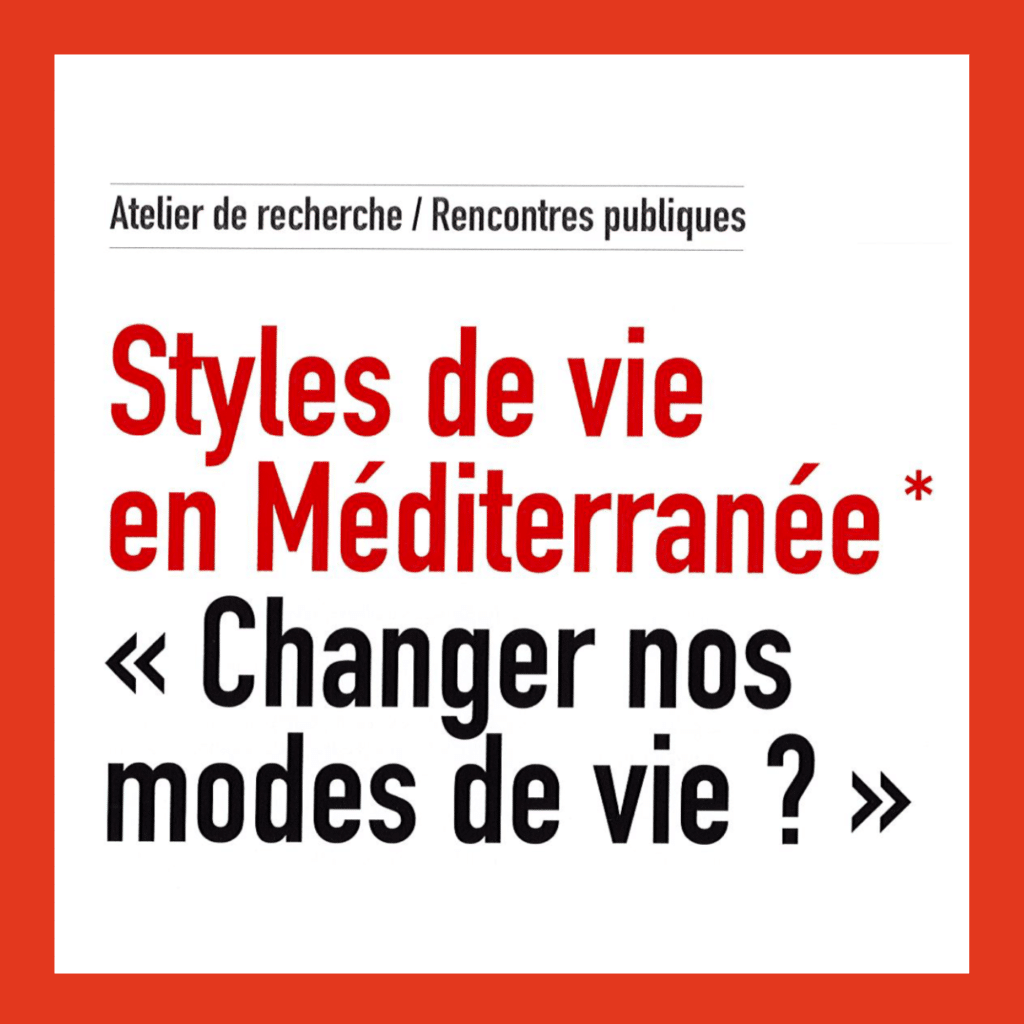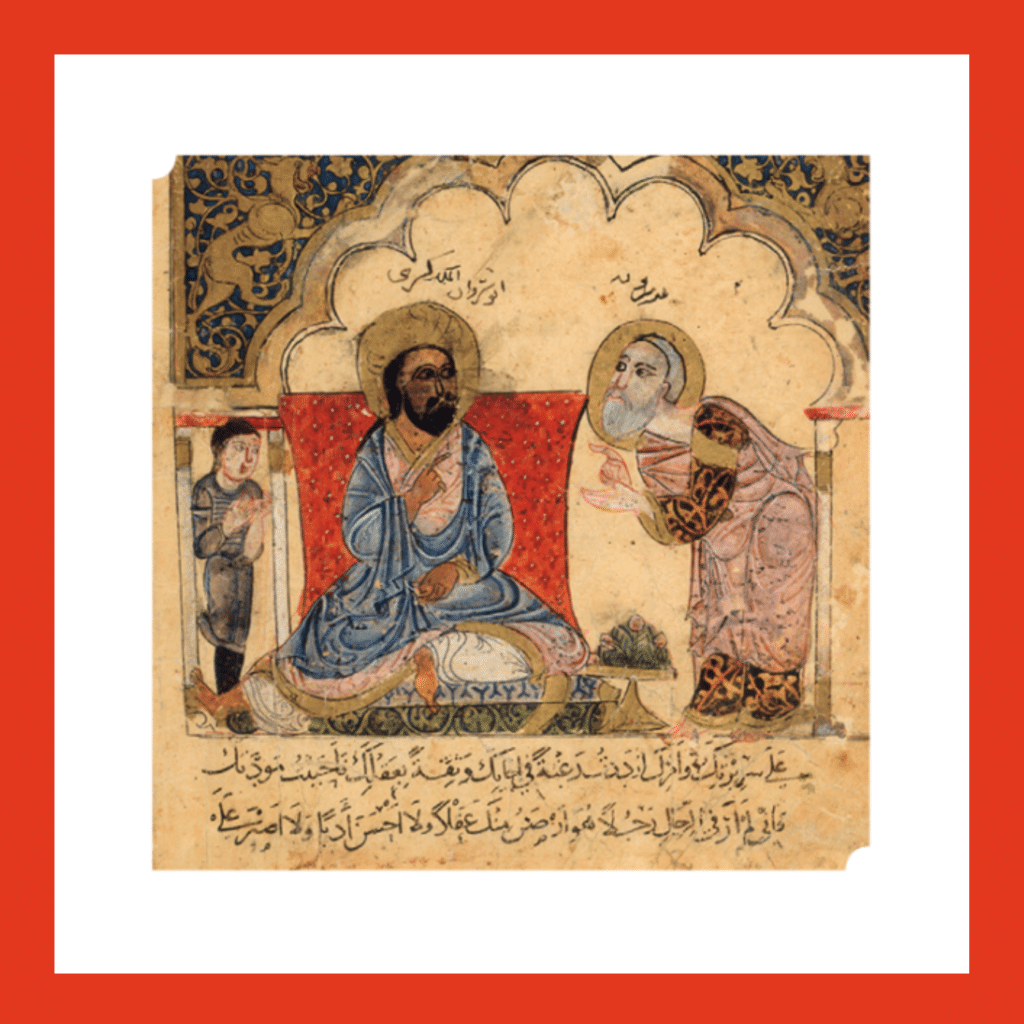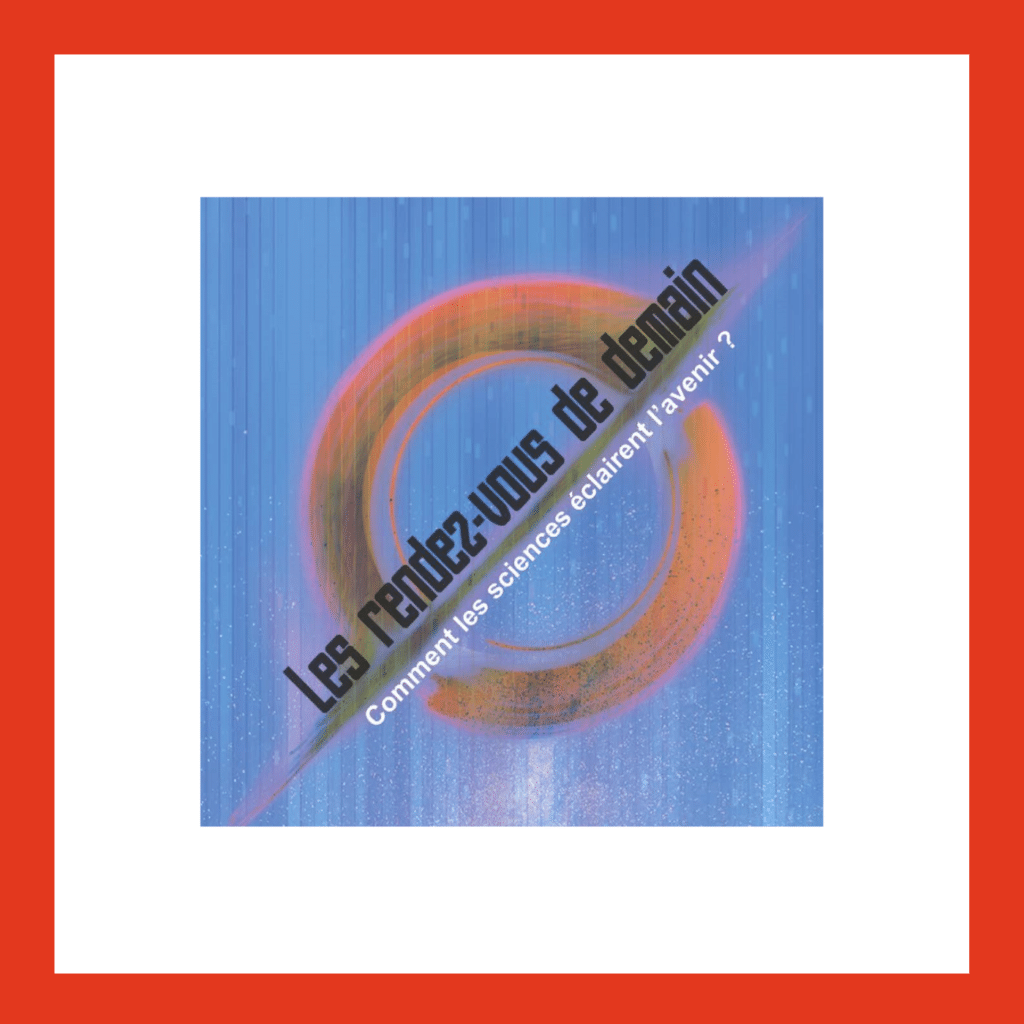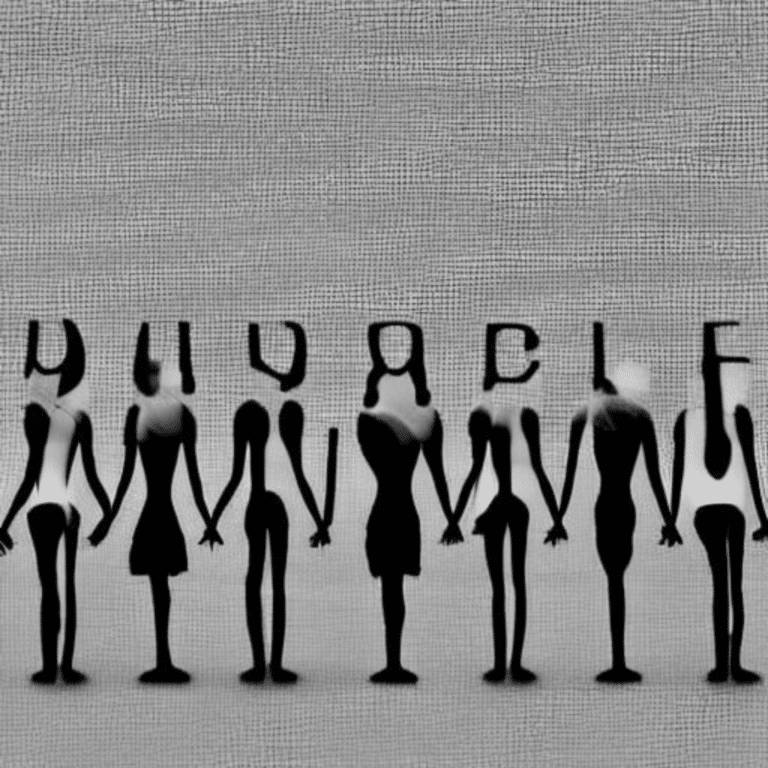The program is directed since september 2023 by Marie-Pierre Ulloa
The “Mediterranean” program at Iméra, the Institute for Advanced Study (IEA) at Aix-Marseille University, is open to researchers, artists, and thinkers from all disciplines. Under the framework of the transdisciplinary field of “Mediterranean Studies,” the program is resolutely transregional, transnational, and transversal, encompassing the Mediterranean societies and networks of Anatolia, the Balkans, the Levant, North Africa, and Southern Europe (including France).
Five chairs are associated with this program: the Averroes Chair, the Germaine Tillion Chair, the Albert Hirschman Chair, the Fulbright Chair, and the Mucem Chair in partnership with the “Arts & Sciences: Indisciplined Knowledge” program at Iméra.
The Mediterranean program is organized around five main research axes:
* The construction of narratives on migration and mobility around the Mediterranean from antiquity to the present day, through a reflection on the relationship with otherness, citizenship, and exile, and the extraterritorial circulation of ideas, goods, and people. It pays attention to the temporalities of migratory trajectories, Mediterranean diasporas, and the diversity of Mediterranean languages.
Also check: The Fulbright / Iméra Chair on Migration Studies
* The complexity of the entanglement of colonial legacies that shape contemporary supranational, national, economic, social, religious, and gendered reconfigurations and identities. It explores the various ways in which individuals and entities are connected to a shared sea that is a zone of contacts, conflicts, and civilizational encounters. It is studied through its historical, cartographic, cinematographic, economic, geopolitical, and other representations.
Also check: the Albert Hirschman Chair
* The Mediterranean in the era of the Anthropocene and issues related to bioclimatic history, climate change, water and coastal management, insularity, marine depths, and the consequences of mass tourism. The cross-cutting question of the patrimonialization of Mediterranean spaces mobilizes this axis, as well as that of the four other so-called Mediterranean ecosystems (California, central Chile, southern Australia, South Africa / Cape region).
Also check: the Germaine Tillion Chair
* The question of religion in the Mediterranean, particularly through the practices of Islam in the Mediterranean in relation to other religions in the Mediterranean region.
Also check: the Averroes Chair
* La fabrique de la Méditerranée revolves around two main orientations:
- Archives of Mediterranean societies: archiving lifestyles through an interdisciplinary and transdisciplinary approach (architecture, urban and maritime cultures, gastronomy, museums, musicology, private life, sports, etc.), including in digital form and facing the challenge of artificial intelligence.
- The invention of the Mediterranean: the construction and problematization of the field of Mediterranean studies, historiographical debates around categorizations of the Mediterranean such as the “Western Mediterranean,” the Levant, etc. It also involves going beyond the dominant binary narrative of the “two shores” to explore the concept of the “third shore” and question the exportation of the idea of the Mediterranean—how to “Mediterraneanize” elsewhere, particularly by examining diasporic connections and the notion of Mediterranean cultural transfers.
Also check: the Mucem Chair in partnership with the “Arts & Sciences: Indisciplined Knowledge” program at Iméra
The Mediterranean program at Iméra was conceived and directed by Thierry Fabre from 2017 to 2022.
The program director
Marie-Pierre Ulloa, a historian and sociologist, she is a lecturer at Stanford University. Previously, she served as the associate director of the Mediterranean Forum and the Abbasi Program in Islamic Studies at Stanford University. She also launched the international programs at the Stanford Humanities Center.
She is a graduate of Sciences Po Paris and of EHESS, Ecole des Hautes Etudes en Sciences Sociales, and the author of two monographies, Francis Jeanson, a Dissident Intellectual from the French Resistance to the Algerian War (Stanford University Press, 2008, also published in French and in Arabic) and of Le Nouveau Rêve Américain: Du Maghreb à la Californie (The New American Dream: From North Africa to California, Editions du CNRS, 2019). She specializes in the cultural and intellectual history of the Francophone Mediterranean in a transnational context, with a focus on France and North Africa. She works at the intersection of the history and sociology of literature and cinema, using a methodology that allies oral history with archival research.
She is an affiliated researcher at Mesopolhis, the Mediterranean Centre in Sociology, History and Political Science of Aix*Marseille Université.






